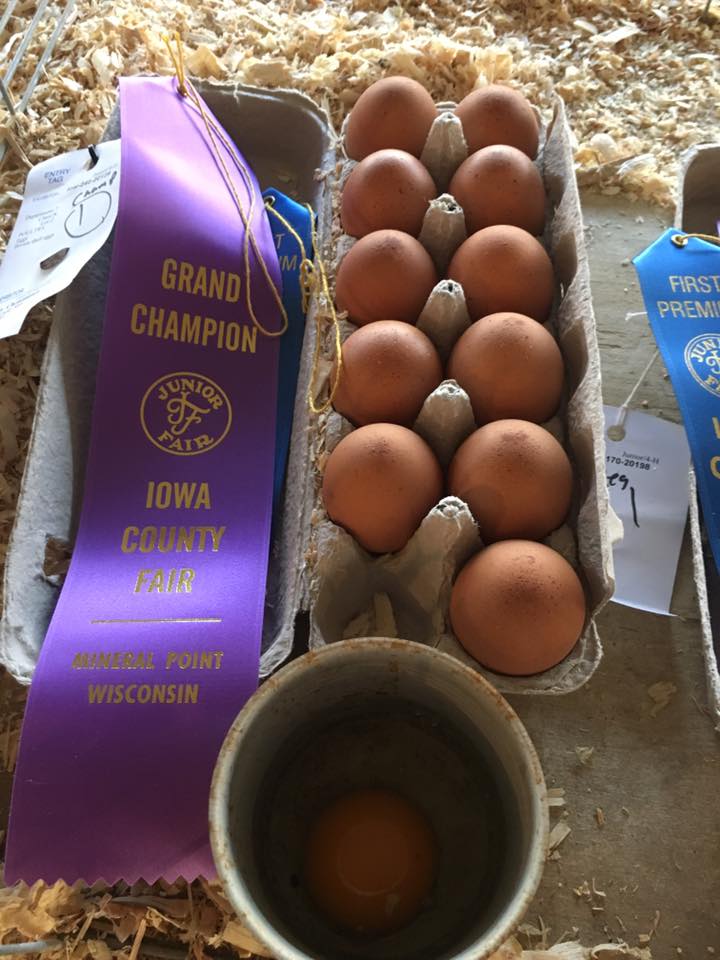The Set Up
As we discussed earlier, courts look at the purpose and character of the use for both the original owner and the derivative use. Courts look at how the party claiming fair use is using the copyrighted work. Is the derivative use meant to make money? If so, it is more likely to be found infringing, but if … Read more


